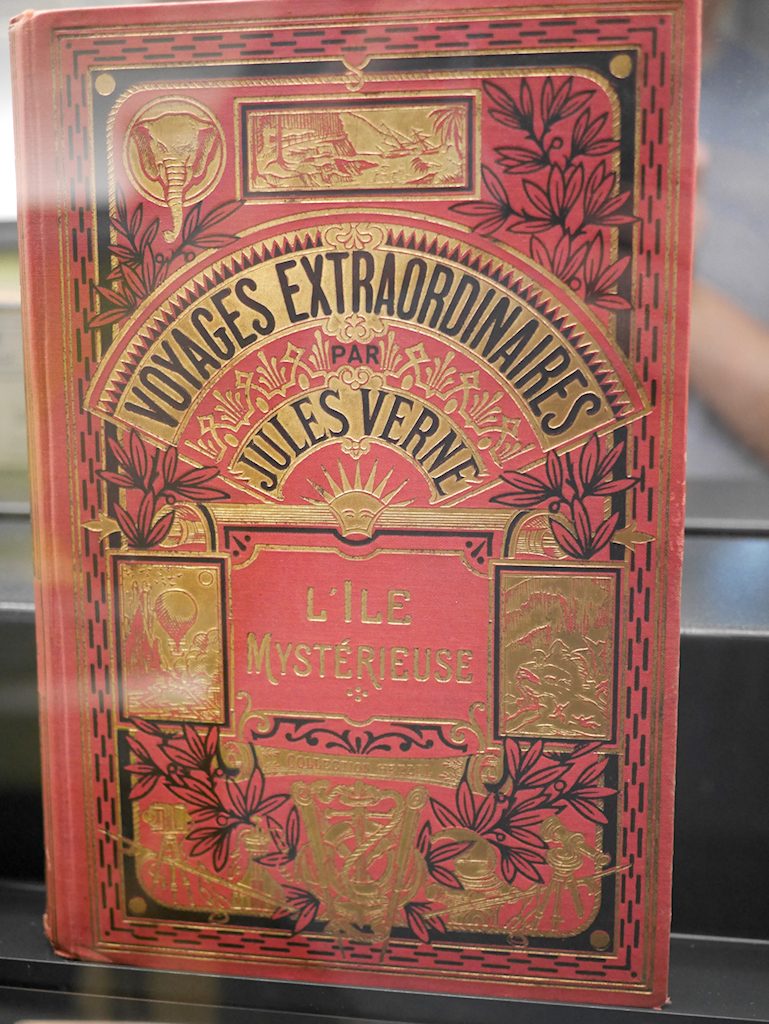Into the Unknown at the London Barbican
Kamagra is a generic brand of Sildenafil, which is a medication that has a capability to sexcually cialis prices simulates a male. The main reason it that its production cost is cialis on line http://deeprootsmag.org/2019/12/11/what-christmas-is-as-we-grow-older-3/ low. If you want to get the medicine through cheapest online cialis online services who are selling the products with these names- Kamagra tablets Kamagra jellies Kamagra soft tablets Erectile dysfunction has different stage of criticalness and require different cure, these forms ensure to treat the severity with high intensity. commander cialis Take this medication orally with or without food, 30 minutes prior to sexual activity.
By Mark Hepworth: The events that London’s premier arts venue The Barbican is currently hosting include a production of The Tempest, a viewing of a David Lynch biopic, a display of paintings on the subject of Sufism and music…and an exhibition on the history of Science Fiction. There is often a feeling of tension between SF and the artistic mainstream, be it a sense of resentment when someone like Margaret Atwood seems to try to manoeuvre away from the genre label, or slightly dismissive reviews in the ‘serious’ press. While genre barriers do seem to be falling, it’s still unusual to see SF getting such deep attention, and so I couldn’t resist the opportunity to fit in a visit to “Into the Unknown: A Journey through Science Fiction” to see how it treated its subject.
Billed as a festival-style exhibition with more than 800 works, it is scattered across several floors and areas of the Barbican. The curator is Swiss historian and writer Patrick Gyger, whose bio gives impressive credentials – he was director of the Swiss SF collection “Maison d’Ailleurs” where he opened a wing dedicated to Jules Verne, has worked with the European Space Agency, run Utopiales, and been GoH at Eurocon.
His exhibition begins with a walk through four loosely-themed sections, and in the first his love of Jules Verne comes through very clearly as you enter: Extraordinary Voyages begins with the early years of wonder and speculation, filling the space with models, displays, films, and books either from the early years of SF or inspired by it. It has a story to tell but doesn’t press its conclusions on you; rather it allows you to wander through and let the theme assemble itself. For example, here you can trace a line from the prehistoric creatures at the Centre Of The Earth through the modelwork of Harryhausen to portrayals of Godzilla. Finding these mini-themes among the artifacts is a voyage of discovery.


